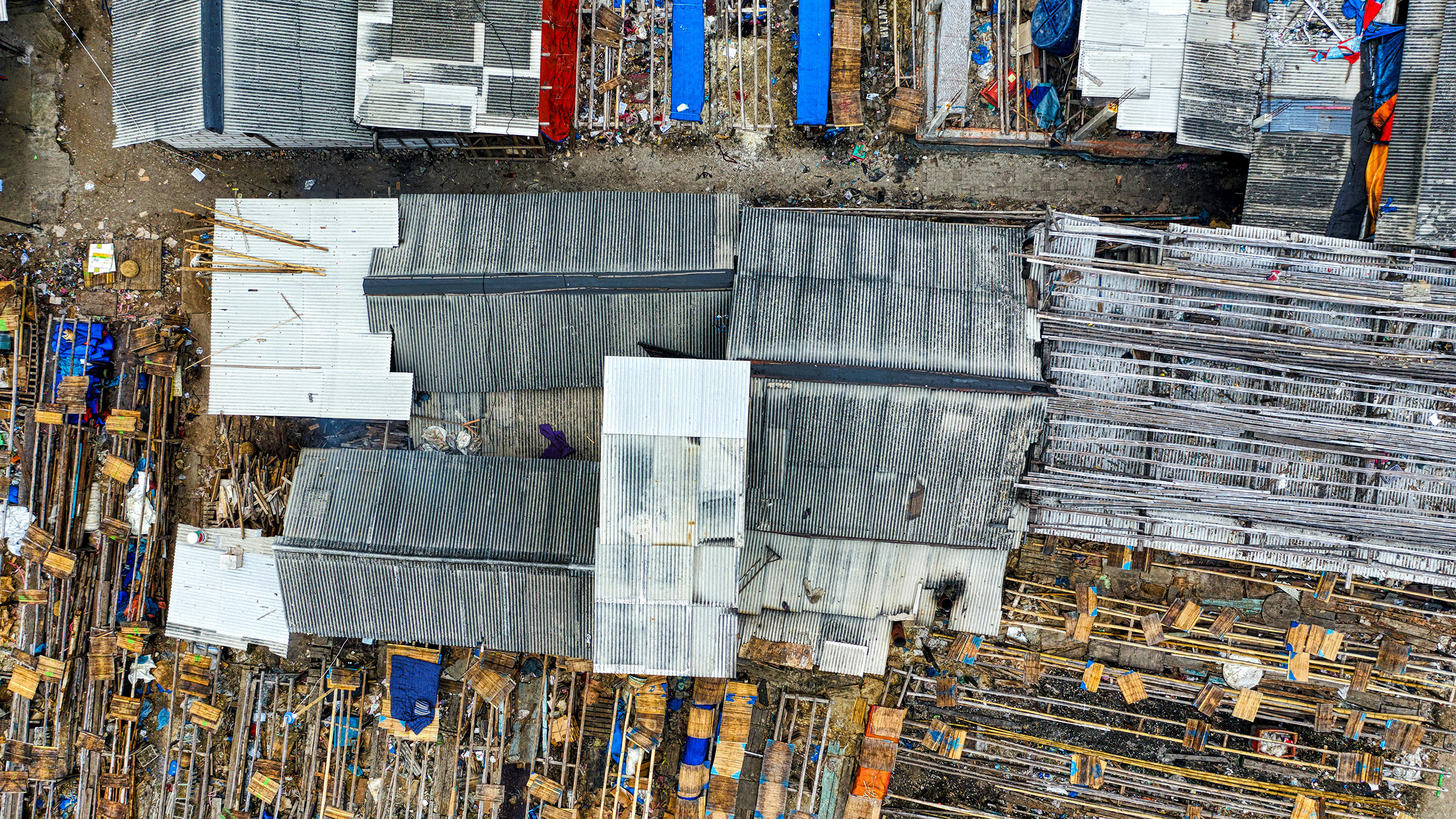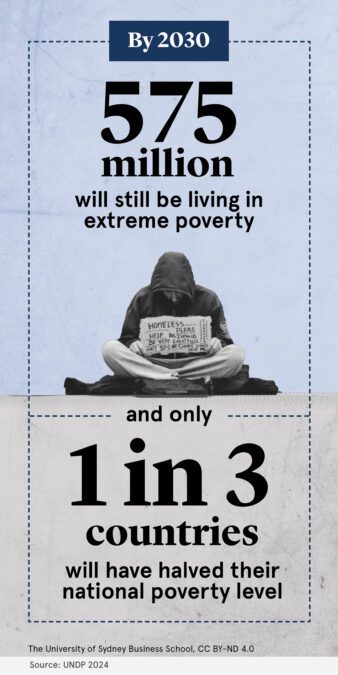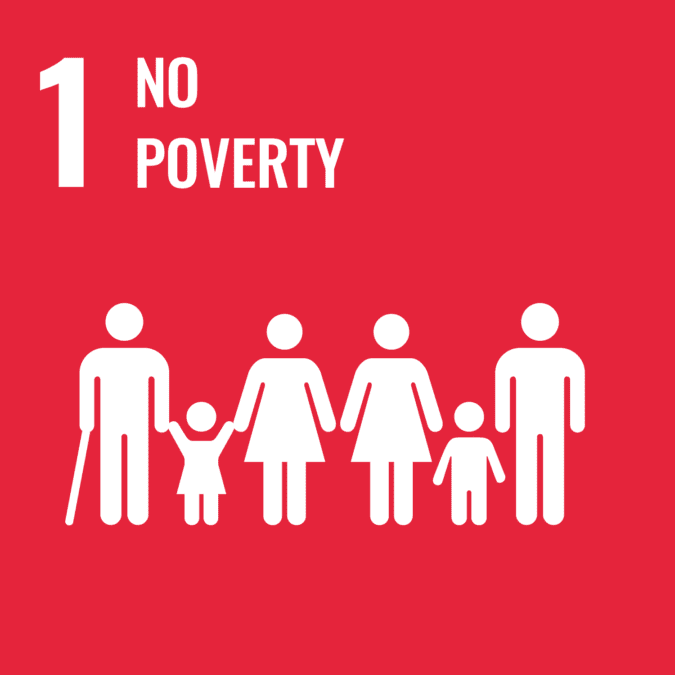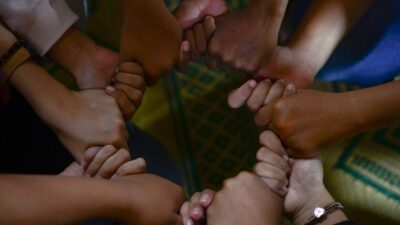
SDGs by 2030 – are we on track?
Thriving from below: capitalism’s unique ability to end poverty
The solution to ending poverty lies with the poor.
Eradicating poverty will not be done with the help of governments. Most government efforts aimed at eradicating poverty have ended up embezzling money or diverting money into large salaries for bureaucrats. While poverty is a complex problem that cannot be resolved by a single actor through a simplistic solution, I maintain that the best tool for achieving this Sustainable Development Goal (SDG) lies with the poor themselves.
Most certainly it is not by giving poor people money. Handing out cash is a sure way to make people unproductive. But helping poor people play an active role in their own economic progress, and supporting their individual entrepreneurship, can do wonders.

For more than thirty years, factories in the Pakistani border town of Sialkot have been producing high quality hand-stitched footballs that are used in the top European leagues. The balls are valued for their beauty and their integrity. Unfortunately, they have almost no market in Pakistan. Cricket remains the favourite sport in Pakistan, not only as it is historically the most popular game there, but also because local families generally can’t afford the bespoke footballs their country produces. And that’s the point of the trade: the foreign buyers provide the economic opportunities that do not exist in the local environment. Today Sialkot has its own airport, thanks to the massive foreign exchange earned through the labour of a once impoverished people.
I research how technological advancements can help eradicate poverty by creating novel economic opportunities for people living in extreme poverty.
For people living in poverty, the systemic economic problem is not the lack of money, but the lack of economic opportunities in their immediate surroundings, be it high paying customers or employers with deep pockets. Even highly educated programmers, engineers, and doctors from slums of India fail to find a well-paying job, while most skilled artists, tailors, and stylists in poor areas cannot find high paying customers.
But today the internet is connecting poor people from around the world with buyers interested in their offerings. Poor artisans and crafts people in Africa, Australia, and Asia can now join digital platforms to find buyers around the world who are keen to purchase bespoke art, crafts, textiles, and clothing. However, the rise of shareholder capitalism is crushing these opportunities. The rapacious business practices of the major trading platforms (Amazon, TikTok, Temu) are shocking. There are many examples of these trading platforms gouging excessive fees as goods flow across their networks, and even establishing a rival supply that imitates the original product. These digital shopping platforms possess all of the original seller’s data, they know which factories are making their products, and at what price. In short, they have huge market power and are prepared to abuse it. They can even kick the original seller off the platform.
And here there is a role for governments to force companies to behave ethically. Companies need to be compelled to act in the interests of all their stakeholders, not only their shareholders. Ultimately, this is a matter of universal self-interest: capitalism can only survive if everyone contributing to capitalism prospers. If only few people are flourishing, capitalism is set to lose popular support and is destined to fail.
Technology has a huge role to play in eradicating poverty, especially as the world shifts from a manufacturing to a knowledge economy. Companies can move fast but should not be allowed to ‘break things.’ People are too precious to break.
Fortunately, there are companies that are balancing their profits with social programs. General Electric is installing 3D printers across Africa, capable of printing whatever design is wanted. Instead of the factory owners taking the lion’s share of the profits, the artisans and workers operating 3D printers keep more of the income. And when more workers keep more of the earnings, the entire local community benefits.
Capitalism in the digital era is two-edged sword. It can concentrate resources in too few hands, forcing a backlash against both tech and capitalism. But it can also link the poor with economic opportunities around the world, helping customers and employers seek new products and services, while enabling the poor to work their way out of poverty.
This is where business schools can play a crucial role. Are we training a generation for maximising shareholder wealth, or propagating a broader view that considers all stakeholders? This is the question business schools need to ask themselves.
Sustainable Development Goal (SDG) targets addressed:
Target 1.1 By 2030, eradicate extreme poverty for all people everywhere, currently measured as people living on less than $1.25 a day
Target 1.2 By 2030, reduce at least by half the proportion of men, women and children of all ages living in poverty in all its dimensions according to national definitions.
Resources
Suggest a new technology that could solves a current business problem that is limiting trade between a rich country and a developing nation. Explain the business model that will facilitate the implementation of this new tech.
Include in your presentation information showing the social impact of your proposal. Specifically, who will be affected positively and who will be impacted negatively? Please set out what is your plan for the losers. That is, find a way to create a win/win outcome.
Books
- Christensen, C. M., Ojomo, E., & Dillon, K. (2019). The prosperity paradox: How innovation can lift nations out of poverty. Harper Collins Publishers Australia.
Websites
Dr Noman Shaheer is Senior Lecturer in International Business, who takes a multidisciplinary approach to analyse the internationalisation strategies of digital businesses, particular online entrepreneurial ventures—blending ideas from literature on institutional theories, demand side perspective, big data analytics and born global firms.
Share
We believe in open and honest access to knowledge. We use a Creative Commons Attribution NoDerivatives licence for our articles and podcasts, so you can republish them for free, online or in print.




